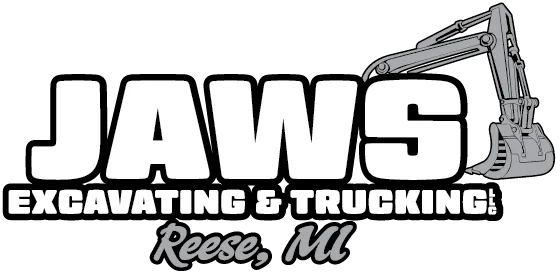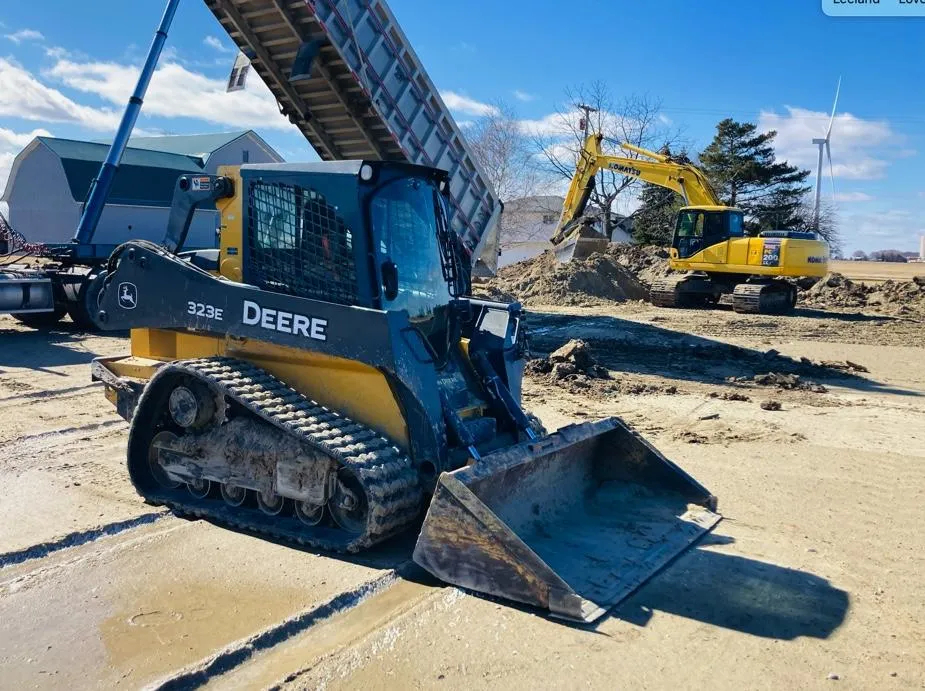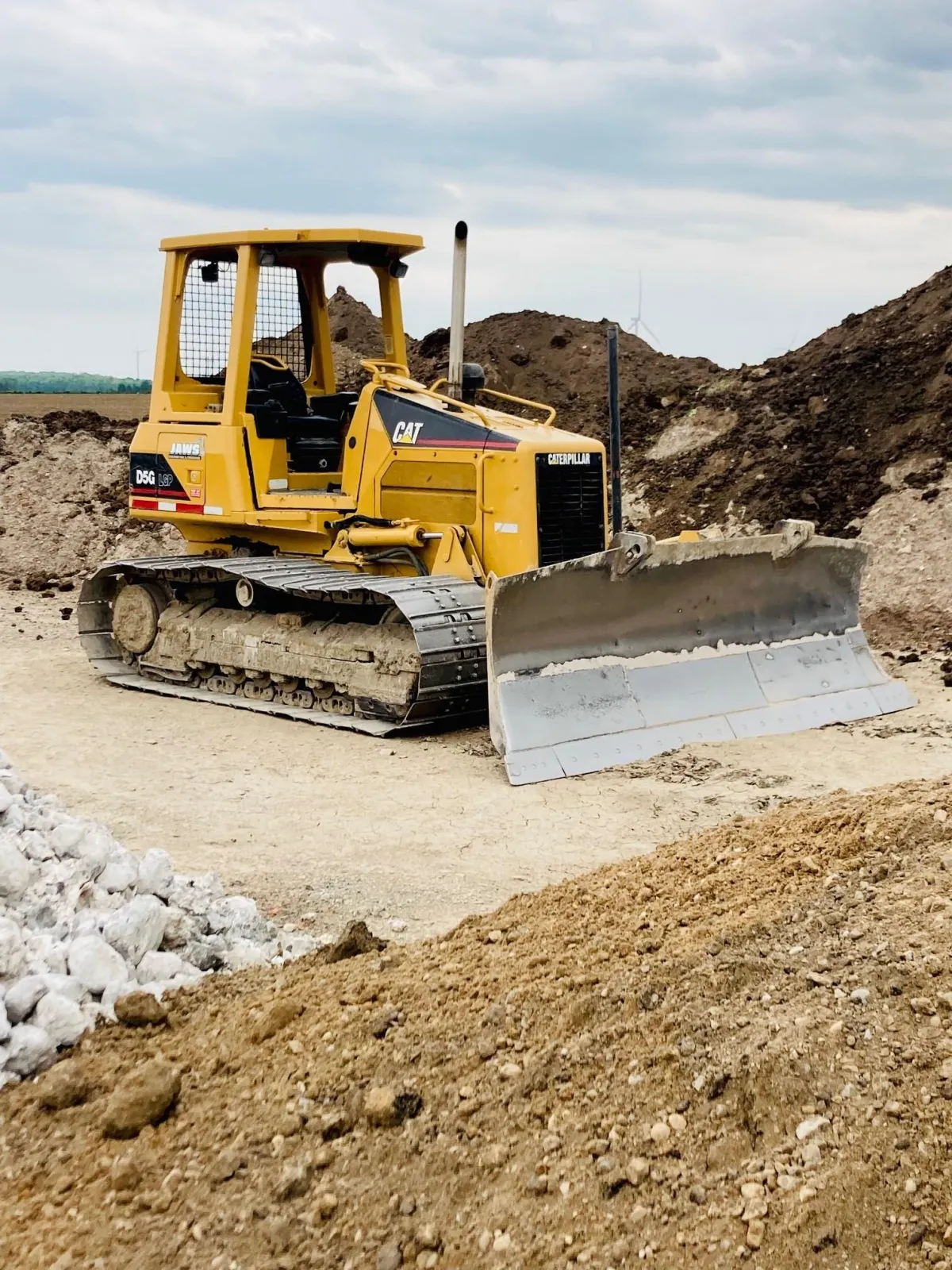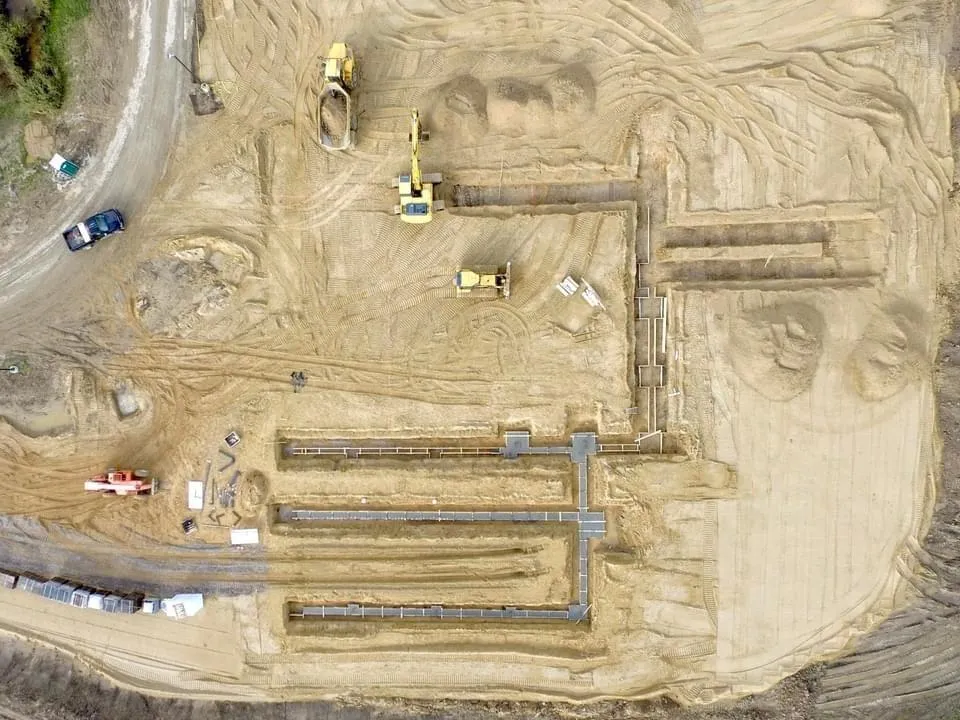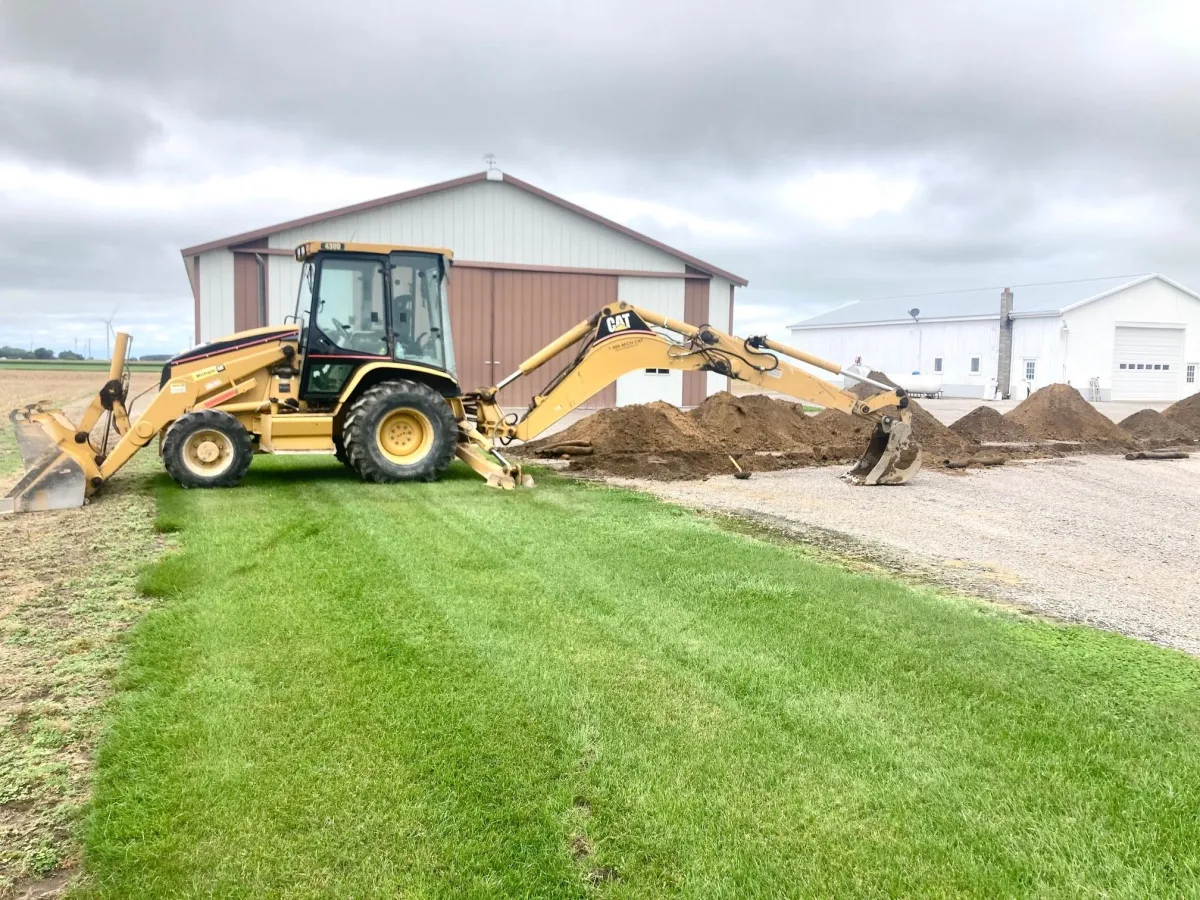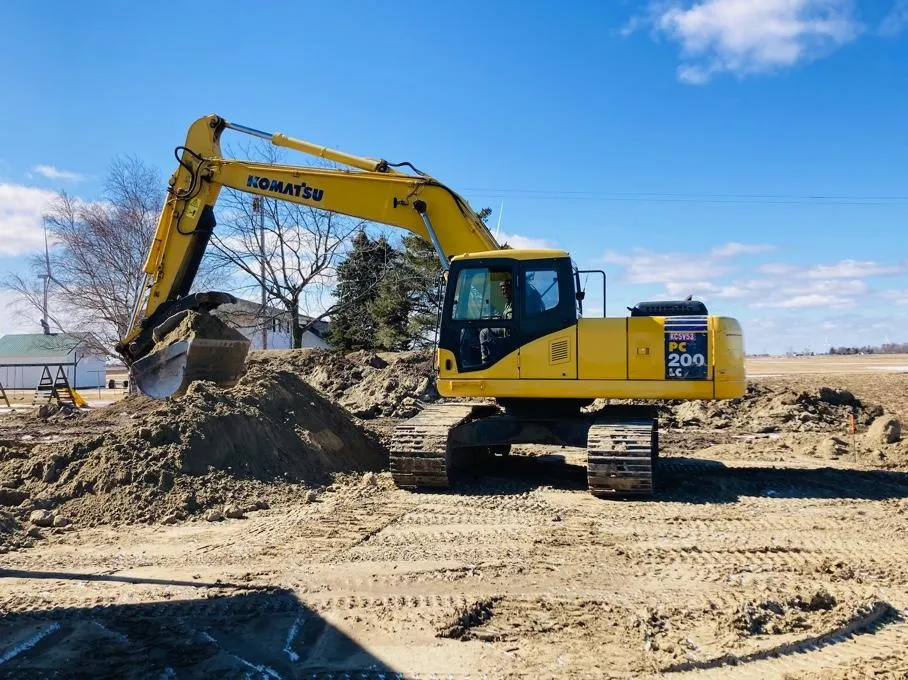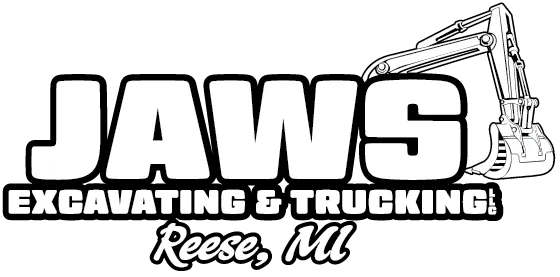Safety | Quality | Guaranteed
Learning Center

Career Growth Opportunities for Laborers in Excavation Companies
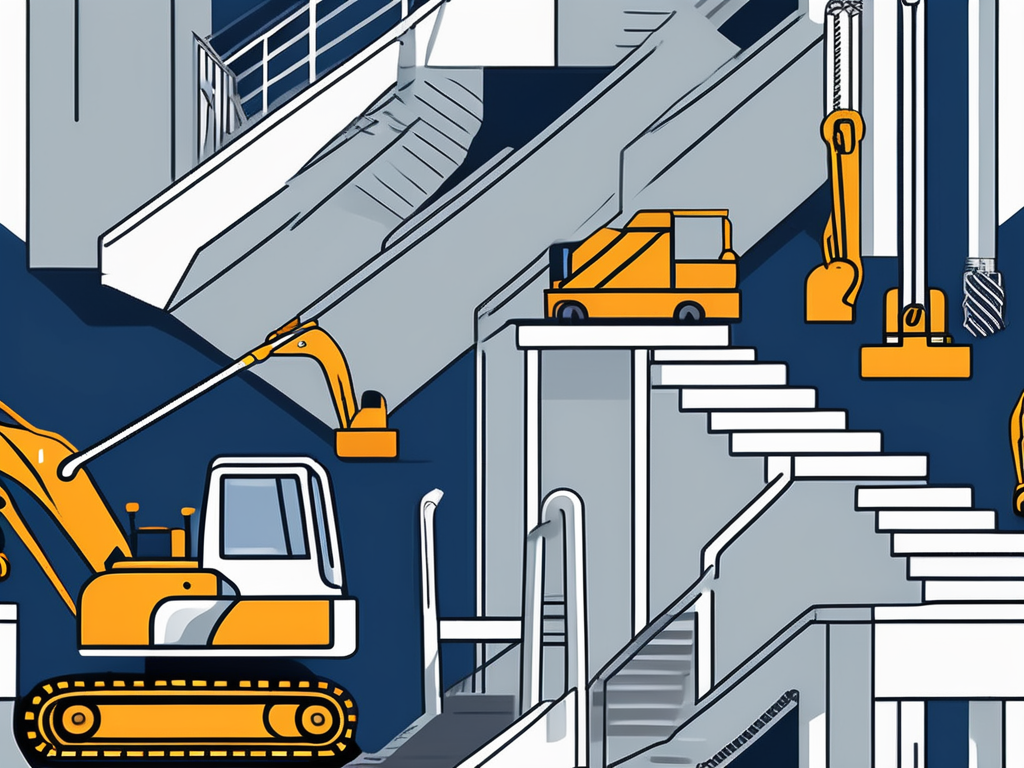
Career Growth Opportunities for Laborers in Excavation Companies
Excavation companies play a crucial role in various construction projects, ranging from building foundations to road construction. The industry offers a range of career growth opportunities for laborers who are ready to work hard and develop their skills. In this article, we will explore the different career paths, job descriptions, required skills, and educational opportunities that can lead laborers to excel in the excavation sector.
Understanding the Excavation Industry
The excavation industry involves the process of digging, moving, and shaping the earth's surface, creating trenches, foundations, and other structures necessary for construction projects. This sector is highly reliant on skilled laborers who work alongside heavy machinery and tools to complete excavation tasks efficiently and safely.
Excavation companies are responsible for a variety of projects, including residential, commercial, and infrastructure development. From small-scale residential excavations to large-scale infrastructure projects, laborers play a vital role in ensuring the success and completion of these ventures.
When it comes to residential excavations, excavation companies work closely with homeowners and architects to ensure that the excavation process aligns with the overall design and vision of the project. This may involve excavating the land to create a level foundation for a new home or digging trenches for utilities such as water and sewage systems. Attention to detail and precision are crucial in these projects to avoid any potential issues that may arise during construction.
On the other hand, when it comes to commercial and infrastructure development, excavation companies often collaborate with general contractors and project owners to execute large-scale excavation tasks. These projects may involve the excavation of large areas of land to make way for commercial buildings, roads, or bridges. The excavation process in these cases requires careful planning and coordination to ensure that the land is properly prepared for construction.
Key Players in the Excavation Sector
The excavation industry is composed of various key players, including excavation contractors, general contractors, and project owners. Excavation contractors specialize in excavation work and oversee the execution of the projects. General contractors typically hire and work with excavation contractors to complete excavation tasks as part of larger construction projects. Project owners, such as private individuals or government agencies, initiate and fund construction projects that require excavation work.
Excavation contractors are responsible for managing a team of skilled laborers who operate heavy machinery and tools. They ensure that the excavation process is carried out safely and efficiently, adhering to industry regulations and standards. General contractors, on the other hand, oversee the overall construction project and rely on excavation contractors to complete the excavation tasks within the specified timeframe and budget.
Current Trends and Developments
The excavation industry is continually evolving and adapting to new technologies and techniques. One current trend is the use of GPS and machine control systems, which enhance accuracy and efficiency during excavation processes. These systems allow operators to precisely navigate the machinery and ensure that the excavation is carried out according to the project's specifications.
In addition to technological advancements, sustainability practices are gaining importance in the excavation industry. Excavators are now focusing on reducing environmental impact through techniques like land restoration and erosion control. This involves implementing measures to restore the land to its original state after excavation, minimizing disruption to the surrounding environment. Erosion control methods, such as the use of sediment barriers and vegetation, help prevent soil erosion and protect nearby water bodies.
By staying updated on these trends and developments, laborers in the excavation industry can remain competitive and even take advantage of new opportunities that arise. Continuous learning and training in new technologies and sustainable practices can enhance their skills and contribute to the overall growth and success of the industry.
Entry-Level Positions for Laborers
Entry-level positions within excavation companies provide a valuable starting point for laborers looking to enter the industry. While these positions require physical strength and stamina, they also offer on-the-job training and opportunities for growth.

Job Descriptions and Responsibilities
Laborers in entry-level positions typically assist skilled workers, such as equipment operators and supervisors, in carrying out excavation tasks. These tasks may include digging trenches, moving and compacting soil, and assisting with the setup and maintenance of equipment.
As they gain experience, laborers may be entrusted with additional responsibilities, such as operating smaller machinery or assisting in project planning. This hands-on experience provides a solid foundation for career advancement within the excavation sector.
Required Skills and Qualifications
To succeed as a laborer in the excavation industry, there are several essential skills and qualifications that aspiring candidates should possess. Physical strength, agility, and stamina are crucial, as excavation work can be physically demanding. Additionally, good communication skills, the ability to work well in a team, and a strong work ethic are highly valued qualities.
While formal education is not always a prerequisite for entry-level positions, a high school diploma or equivalent is generally preferred. Some companies may also require a valid driver's license and the ability to operate small tools and equipment. Training programs and certifications in excavation safety and equipment operation can further enhance employment prospects.
Career Advancement Pathways in Excavation
For laborers who are dedicated and eager to advance in their careers, the excavation sector offers various opportunities for growth and progression.
From Laborer to Supervisor: A Typical Career Path
One common career advancement pathway in the excavation industry is transitioning from a laborer role to a supervisory position. As laborers gain experience and demonstrate leadership qualities, they may be considered for promotion to a supervisory role. In this position, they oversee a team of laborers, coordinate tasks, and ensure work is carried out efficiently and safely.
Becoming a supervisor requires not only practical experience but also strong communication and organizational skills. Additionally, supervisors must possess a comprehensive understanding of excavation techniques, equipment operation, and safety protocols.
Specialized Roles and Their Requirements
Beyond supervisory roles, laborers can also pursue specialized positions within the excavation industry. This includes becoming an equipment operator, a land surveyor, or an environmental specialist. These roles often require additional training and certifications to ensure competency in specific areas.
Equipment operators are responsible for operating heavy machinery, such as excavators, bulldozers, and loaders. Land surveyors play a crucial role in mapping and measuring excavation sites to ensure accurate digging and comply with project specifications. Environmental specialists focus on minimizing the impact of excavation activities on the environment and ensuring compliance with environmental regulations.
These specialized positions provide unique opportunities for career growth and often come with higher levels of responsibility and compensation.
Training and Education for Career Advancement
To enhance their career prospects and move up the ranks in the excavation industry, laborers can seek out additional training and education.
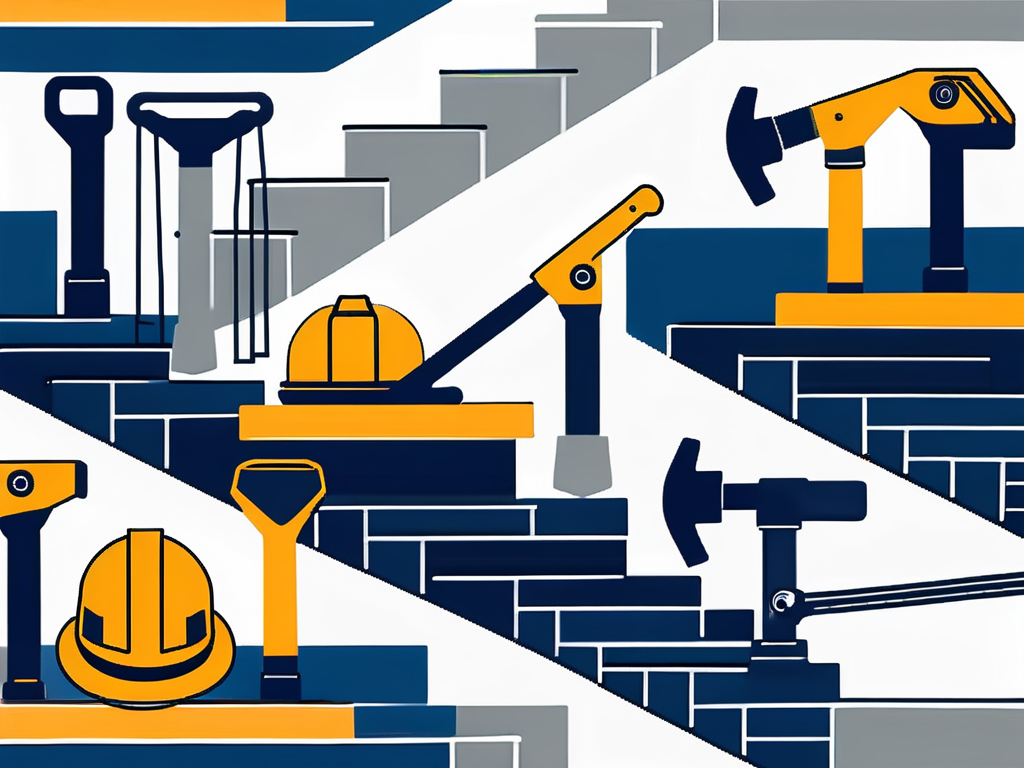
On-the-Job Training Opportunities
Many excavation companies provide on-the-job training programs, offering laborers the chance to acquire new skills while gaining practical experience. These programs often include instruction on equipment operation, safety protocols, and advanced excavation techniques.
During on-the-job training, laborers have the opportunity to work closely with experienced professionals, learning from their expertise and guidance. Taking advantage of these opportunities can help laborers progress within the industry and increase their value to employers.
Relevant Certifications and Degrees
In addition to on-the-job training, laborers can pursue certifications and degrees that demonstrate their expertise and dedication to the field. Several organizations offer certifications in excavation safety, equipment operation, and project management.
For those seeking a formal education, some community colleges and vocational schools offer programs in construction technology, heavy equipment operation, and construction management. These programs provide in-depth knowledge of excavation processes and may be advantageous for those aspiring to supervisory or specialized roles.
Salary and Compensation Progression
Career growth opportunities in the excavation industry are often accompanied by an increase in salary and compensation.
Average Salaries at Different Career Levels
The salary range for laborers in the excavation industry varies depending on the region and level of experience. According to recent data, entry-level laborers can expect to earn an average annual salary of $30,000 to $40,000. As laborers progress in their careers and take on more responsibilities, their earnings can increase to an average of $40,000 to $60,000 per year.
Supervisors and specialized roles such as equipment operators and land surveyors generally earn higher salaries, with an average range of $60,000 to $80,000 per year. Compensation may also include benefits such as healthcare coverage, retirement plans, and paid time off, which contribute to overall job satisfaction.
Understanding Compensation Packages
Compensation packages in the excavation industry often include benefits beyond base salary. These may include health insurance coverage, retirement plans, and bonuses. Some companies may also provide additional perks such as paid training opportunities, flexible work schedules, and opportunities for career development.
It is important for laborers to consider the overall compensation package when evaluating career growth opportunities. While salary is a significant factor, additional benefits can greatly contribute to job satisfaction and work-life balance.
Conclusion
Career growth opportunities abound for laborers in excavation companies. Understanding the excavation industry, exploring entry-level positions, and embracing educational and training programs are key factors in advancing one's career. With the right skills, dedication, and a willingness to learn, laborers can embark on a rewarding journey in the excavation sector, unlocking a multitude of opportunities along the way.

Ready to take the next step in your excavation career with a company that values safety, quality, and guarantees satisfaction?
Look no further than JAWS Excavating & Trucking, LLC, where we exceed expectations and deliver masterpieces in the Mid-Michigan area. Join our family-owned operation and leverage over a decade of industry experience to propel your career forward.
INVALUABLE EXPERIENCE
JAWS Excavating & Trucking, LLC
Superior communication
Quality work doesn't get done without excellent project communications.
UNMATCHED integrity
We understand that people do business with folks they trust. That's why we guarantee your satisfaction, every single time.
invaluable Experience
You wouldn't hire a mechanic to do your root canal. With us, you can hire with confidence.
UNMATCHED INTEGRITY
SATISFACTION Guaranteed
